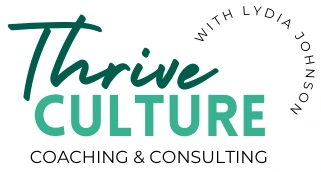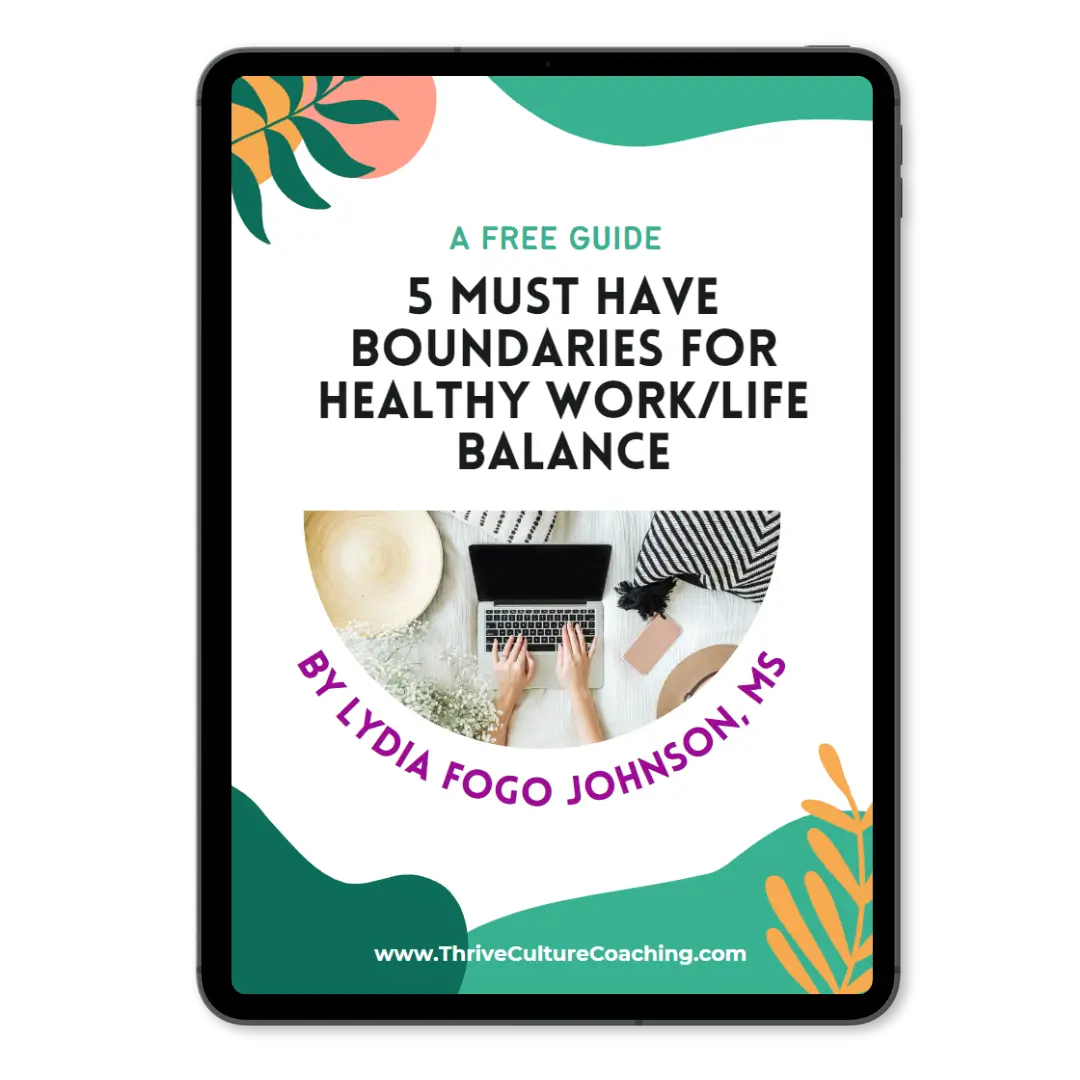It’s International Women’s Day, and as much as I want to celebrate, I feel the state of women’s mental health, rights, and equality is a bit like that flopped Willy Wonka experience that blew up the internet a few weeks ago. Our experiences do NOT live up to what we were promised.

By nearly every measurable metric, women and moms are NOT okay right now.
⚠️ Women are more stressed, burnt out, and overwhelmed than ever…
We’re sadder, angrier, and more worried now than we were at the height of the pandemic, and we’re 20% more likely than men to report feeling negative emotions on a daily basis.1
We’re more likely to be stressed than men, have higher levels of stress, and are more likely to report that no one understands how stressed we are.2
We’re more likely to be burnt out than men, with 34% of women experiencing burnout compared to 26% of men. Not-fun fact: Women’s burnout got worse during the pandemic while men’s decreased… 🤯.3
⚠️ COVID-19 had a flood of negative ramifications on women’s health, happiness, and careers… and we’ve yet to recover.
During COVID-19, 2.3 million women left the workforce, and 1.1 million have yet to return, resulting in the lowest female workforce participation since 1988 and an estimated $800 billion loss in women’s wages globally.45
One reason COVID-19 was worse for women’s mental health and careers was that when the childcare and school systems collapsed, moms with full-time jobs were 3x more likely to be primarily responsible for childcare compared to dads6, reduce their hours, or leave the workforce entirely.7
In 2023, America had a larger gender pay gap than we did before the pandemic, with women in similar roles earning 77.3 cents on the dollar compared to their male counterparts. At the current rate of progress, it will take 95 years to close the gender pay gap in the USA.8
⚠️ Most parents are struggling, but it’s exceedingly terrible for moms.
While parents of all genders report higher levels of stress than non-parents9, things appear especially dire for moms.
Moms are much more likely than dads to say parenting has been a lot harder than expected (30% vs. 20%) and to report that being a parent is stressful all or most of the time (33% vs. 24%). Nearly 50% of moms say that being a parent is tiring all of the time (compared to 34% of dads).10
Over 9 in 10 mothers report feeling feeling burnt out, exhausted, unappreciated, unacknowledged, and unseen at least some of the time.11
Nearly 8 in 10 moms report feeling invisible and that after having a baby they feel like their identity has been shrunk to only “Mom.” 12
Women and moms do 60% more unpaid household and caregiving labor than men and fathers13. Data from the 2022 America Time Use Survey shows that this adds up to the equivalent of women working an additional 16.25 24-hour days of unpaid labor per year14. (Way more coming on this topic next week.)
⚠️ And then, of course, there are our eroding rights to our own bodies, decrease in quality healthcare access, and decline in nearly every measure of physical and mental health…
Are you feeling 😱 yet?
I don’t share all these statistics because I have some morose definition of celebrating Women’s Day, but because I hear so many of my female clients say things like…
“Everyone else is doing fine— what’s wrong with me?”
“What am I doing wrong? Why can’t I fix this?”
If you’re a woman or mother, I hope that these data help feel less alone.
That you see how much larger this issue is than a “you problem.”
That you see how much work the world has left to do to support you in the ways you deserve to be supported.
And that when 96% of women feel that their wants are ignored by society, you feel that you’ve got at least one advocate shouting at the top of her lungs for you from your corner: me.
My Commitment to You
After months of consideration, I’m making a big change in my business:
I’m pivoting my coaching to focus on supporting women, and especially mothers, who are teetering on the edge of burnout from the unsustainable juggling act of demanding careers and personal responsibilities. (Don’t worry, I’m still working with my current male clients!)
As evidenced by all these terrifying statistics, women and moms in the workforce face a specific set of challenges compared to their male counterparts— I hope that by specializing in women’s careers, I can help provide more tailored support.
My mission is to help women and moms overcome personal and professional burnout and to support them in designing fulfilling, sustainable careers using…
- Research from Industrial-Organizational psychology about how we can make careers more fulfilling, sustainable, and customized to fit your needs and preferences
- Mindfulness-based stress reduction tools and breathing exercises
- Reflections and exercises from positive psychology
- Strategies from Fair Play that are dedicated to increasing gender equity within the home related to domestic and caregiving labor
- Creative tools from Designing Your Life to help you imagine a better future
- Dozens of custom-made workbooks, worksheets, and guidebooks
- Personalized banks of recommended resources and further learning
- A lot of personalized support, cheerleading, and the occasional bit of tough love
- And of course, weekly free advice via this newsletter
I don’t have all the answers— but honestly, no one does. The world hasn’t figured out how to support women well. Yet.
But I have whispers of solutions and a grab bag of evidence-based strategies I’ve collected over my years of personal and professional experience, countless conversations with women and working moms, way too many years of education and academic articles, and a growing stack of certifications.
I’m here to help, however I can.
So, if you or a woman you care about is struggling with stress, burnout, or career challenges, let’s talk.
If I can’t help, we’ll work to get you the support you need in another way.
https://www.apa.org/topics/stress/women-stress
https://news.gallup.com/poll/330533/working-women-fared-during-pandemic.aspx
Sullivan, O. Gender inequality in work-family balance. Nat Hum Behav 3, 201–203 (2019). https://doi.org/10.1038/s41562-019-0536-3
https://www.bls.gov/tus/




Share